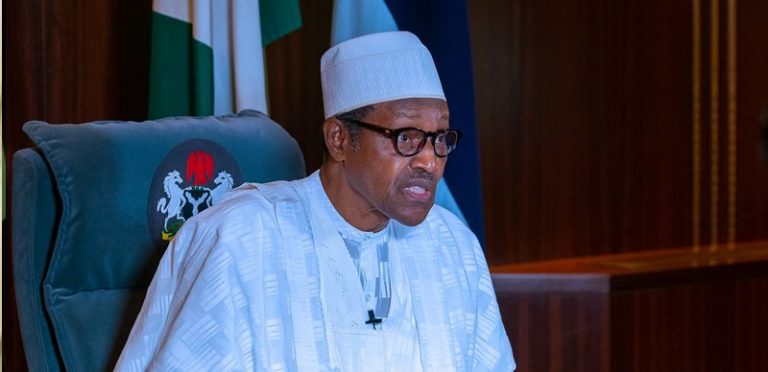The Presidency, on Thursday, cleared the air on the controversial railway contract which the Federal Executive Council (FEC) approved, on Wednesday, September 23.
Igbere TV had reported how the FEC meeting chaired by President Muhammadu Buhari approved $1,959,744,723.71 for the construction of a rail line that will link Nigeria to Niger Republic.

The approval stirred debates in the media, with many Nigerians accusing the federal government of having “hidden agenda” by extending a project to Niger Republic.
But in a statement forwarded to Igbere TV Thursday night issued by Senior Presidential Spokesman, Garba Shehu, he said “Nigeria isn’t building rail line into Niger but, only to the designated Border point.”
“An agreement between Nigeria and Niger in 2015, coordinated by the Nigeria-Niger Joint Commission for Cooperation has a plan for “Kano-Katsina-Maradi Corridor Master Plan, (K2M)” as it is called.
“Going by this, the two nations would each build a rail track to meet at the border town of Maradi.
“Nigerian delegates to that meeting comprised officials from the Ministry of Foreign Affairs, National Boundaries Commission, Federal Ministry of Industry, Trade & Investment, Ministry of Agriculture and Rural Development, Water Resources as well as those of Kano & Katsina states,” he added.
The objective of the rail, Garba Shehu said, is the harnessing of raw materials, mineral resources and agricultural produce.
“When completed, it will serve domestic industries and play the role of a a viable transportation backbone to the West African subregion, starting with the neighboring Niger Republic for their export and import logistic chain.”
Meanwhile, the Minister of Transportation, Rotimi Amaechi, told State House correspondents at the end of the FEC meeting that the sum approved for the development of the proposed rail line linking Kano-Dutse-Katsina-Jibia and to Maradi in Niger Republic is inclusive of Value Added Tax.
Amaechi said apart from that, the council also approved the award of a contract worth N3.049 bilion for the design, manufacture, supply, testing, and commissioning of one railway crane for the purposes of clearing rail tracks in situations of accidents.






